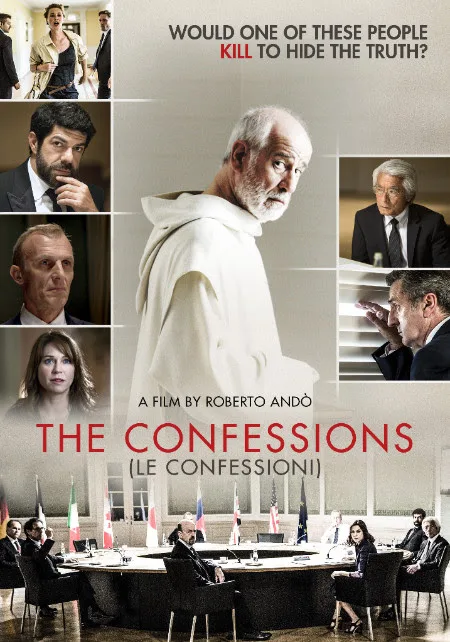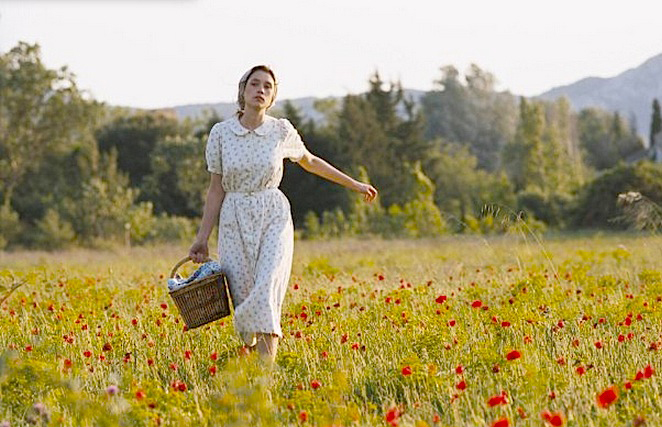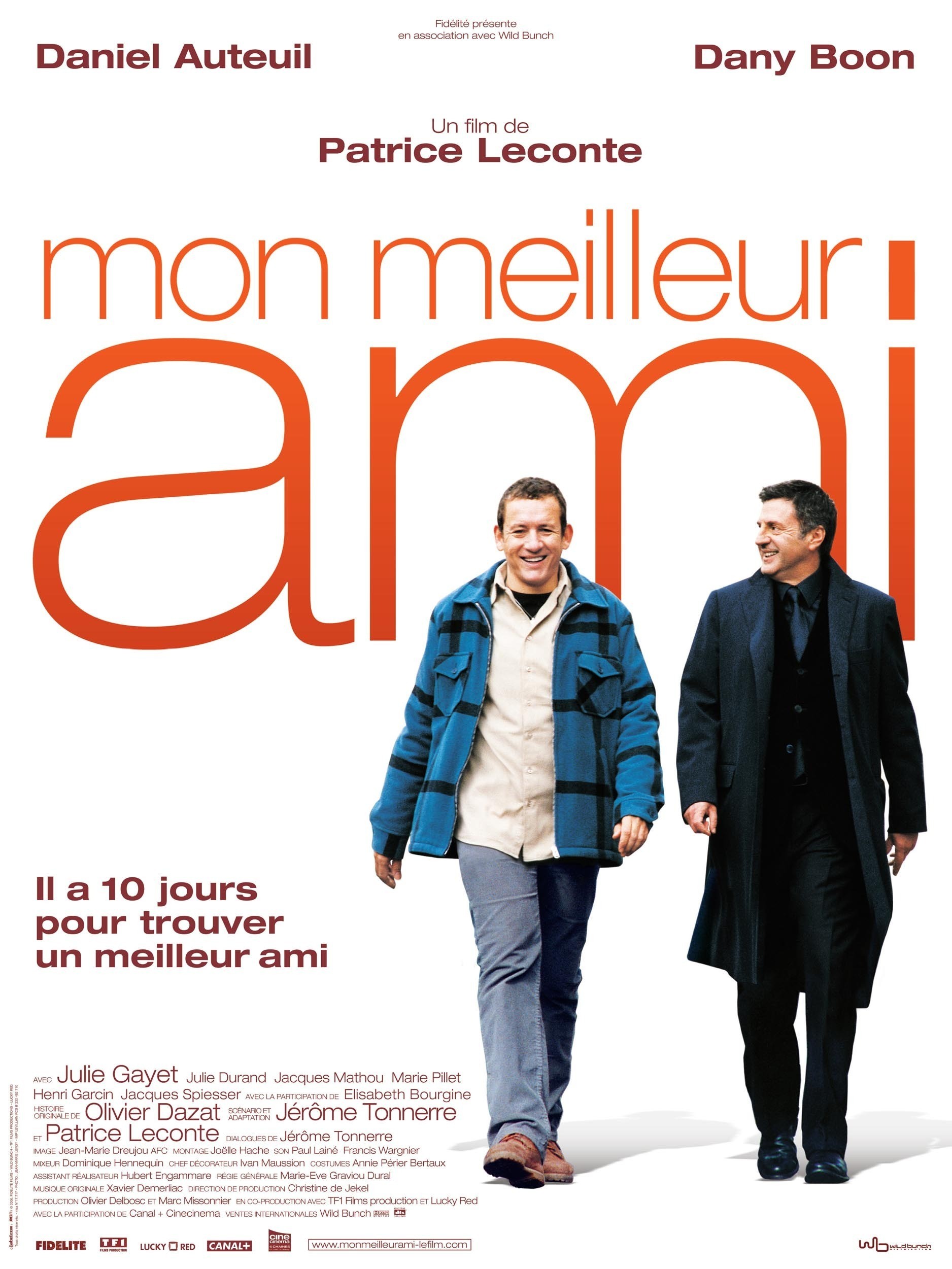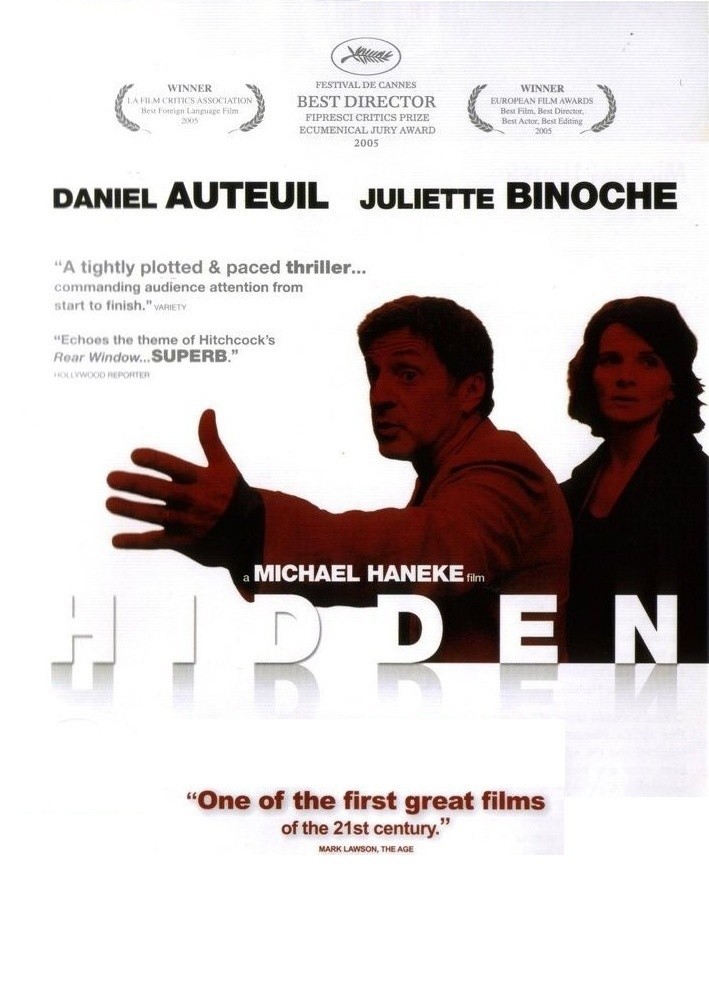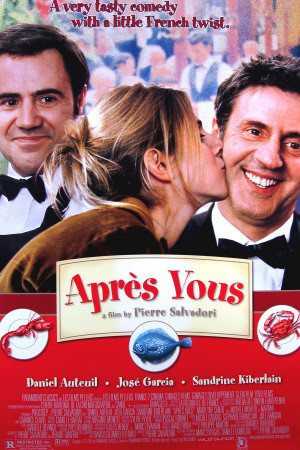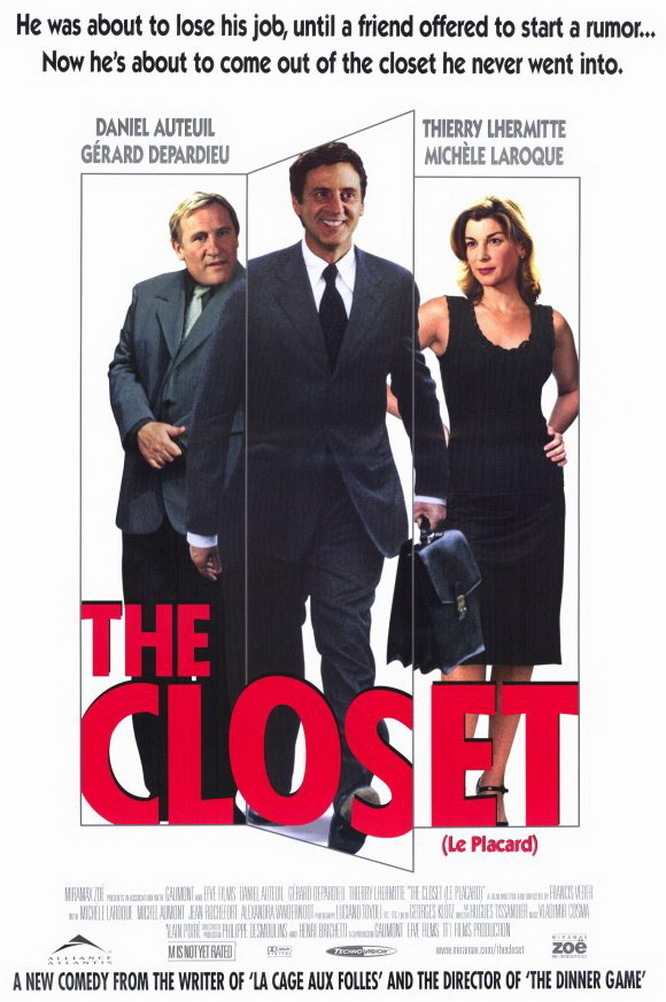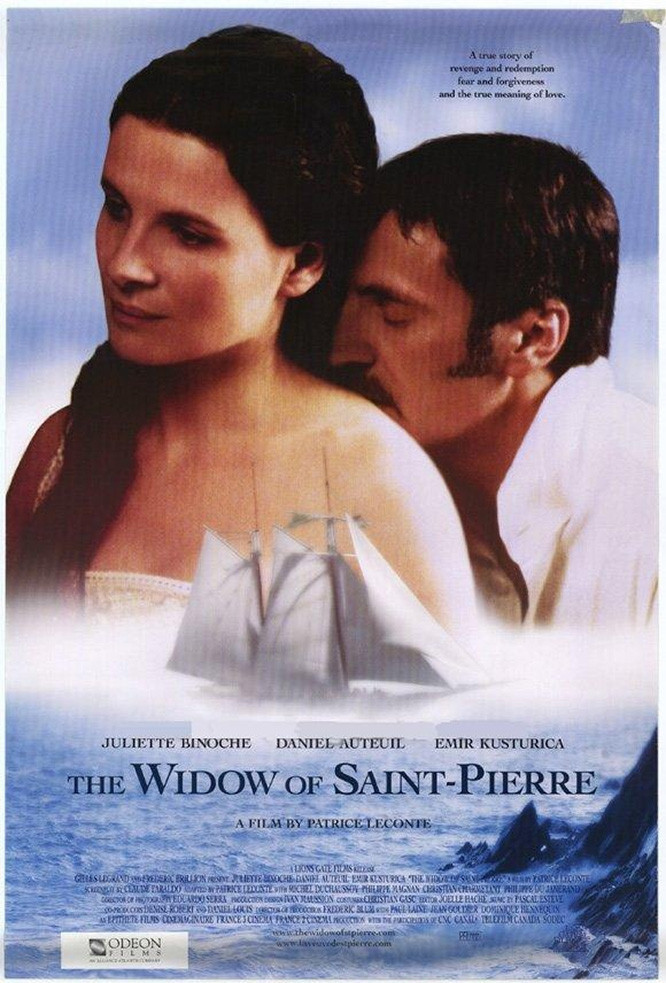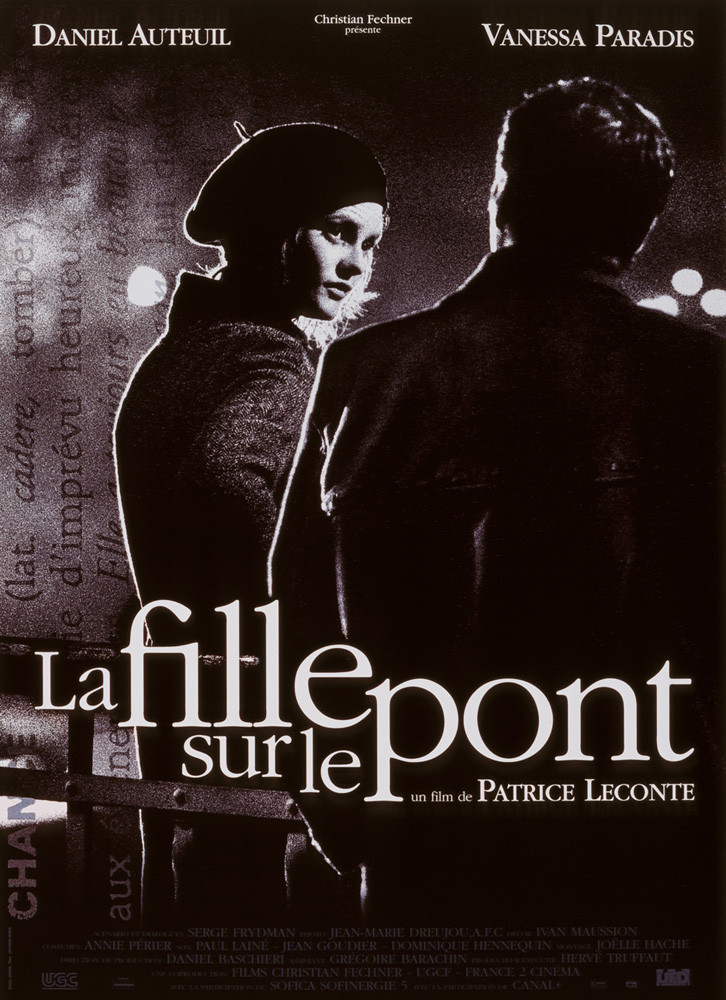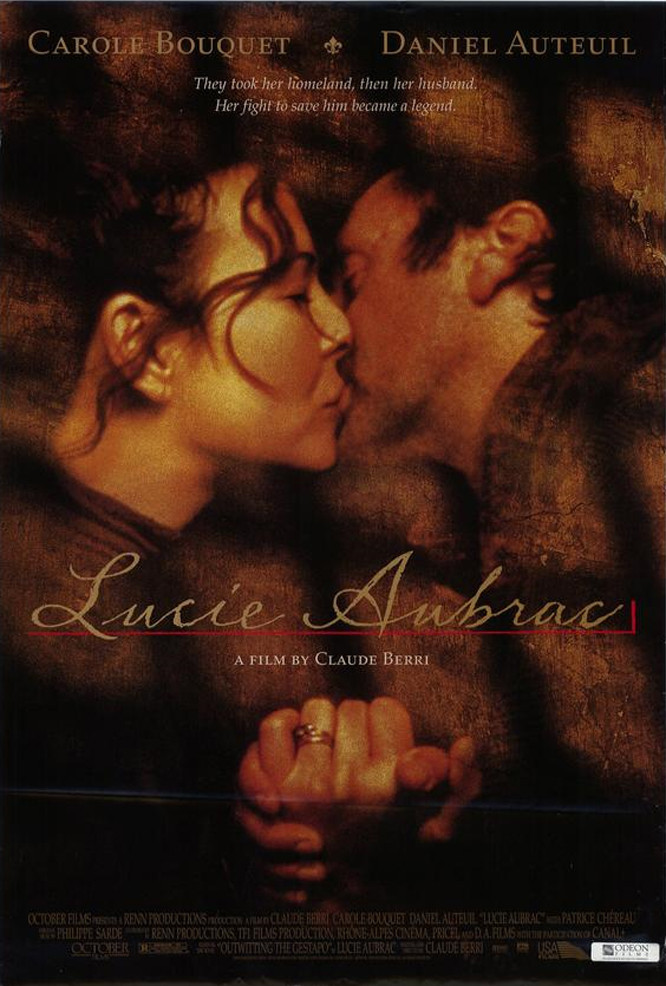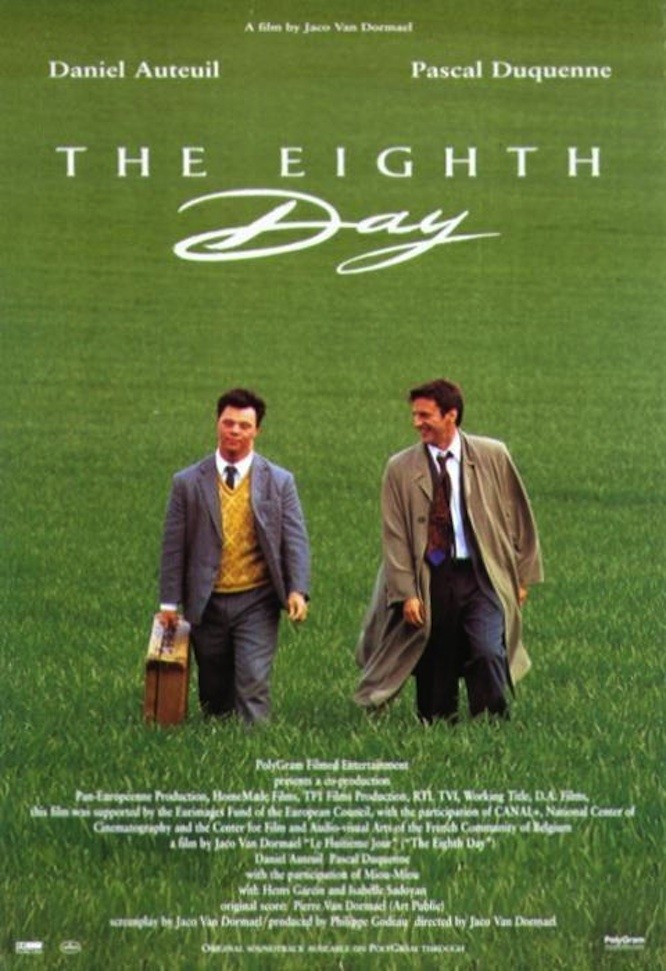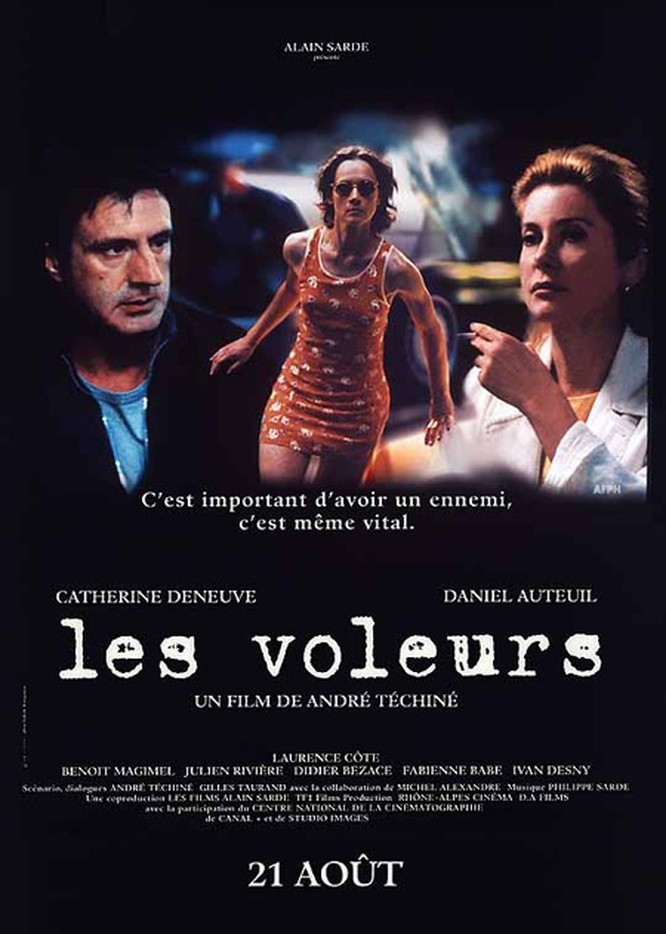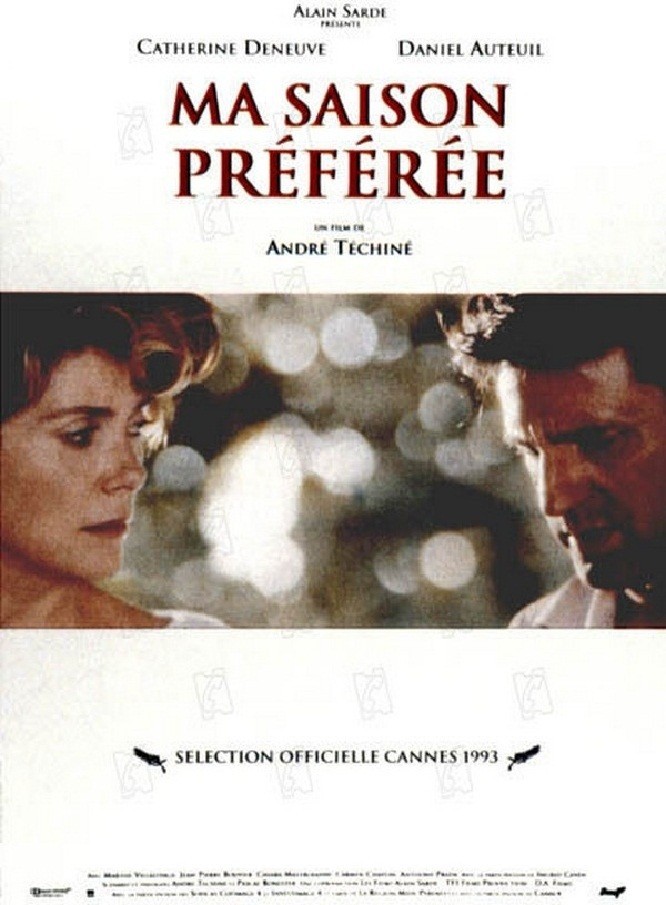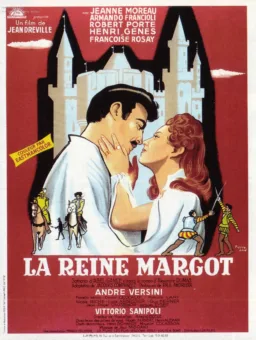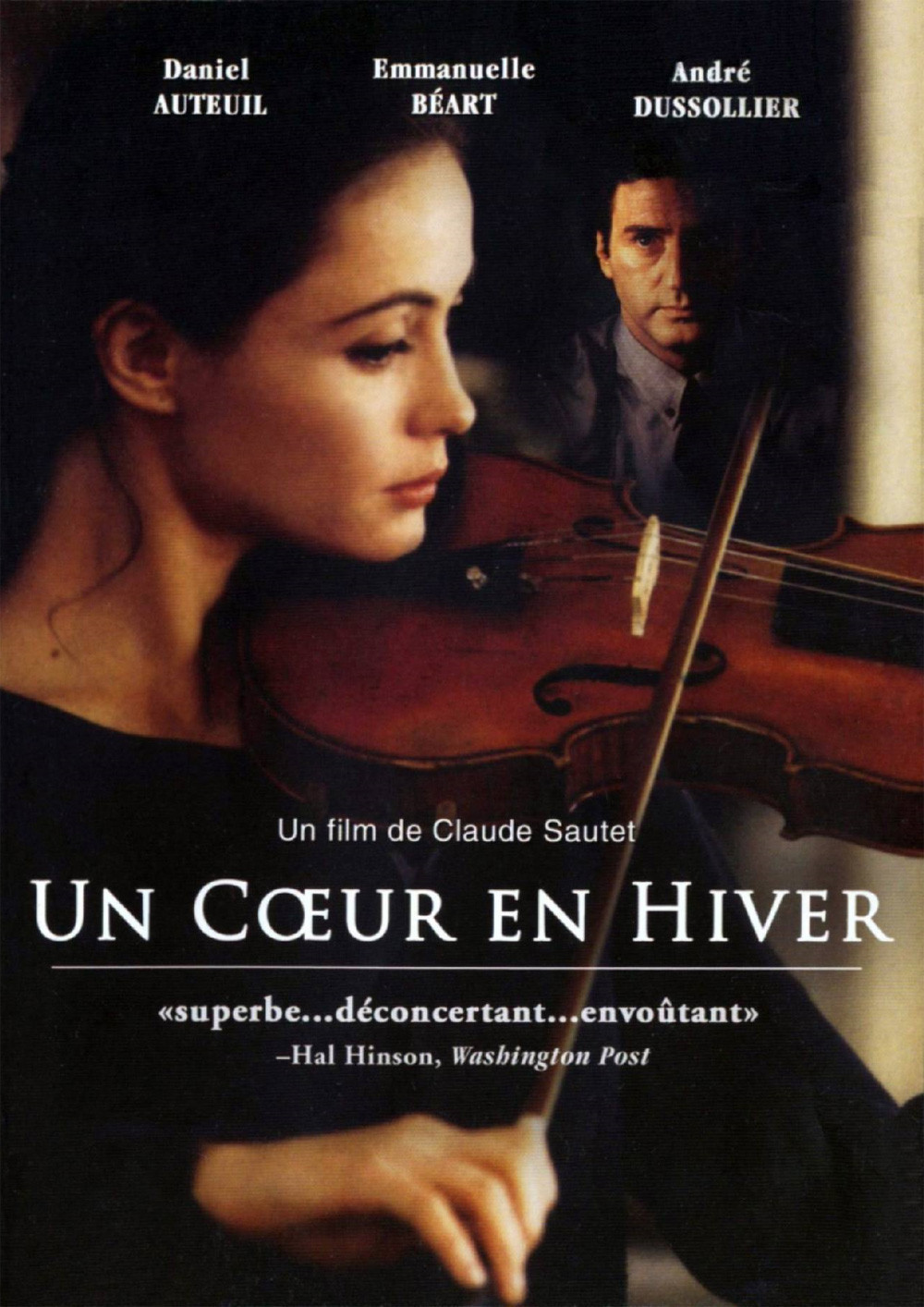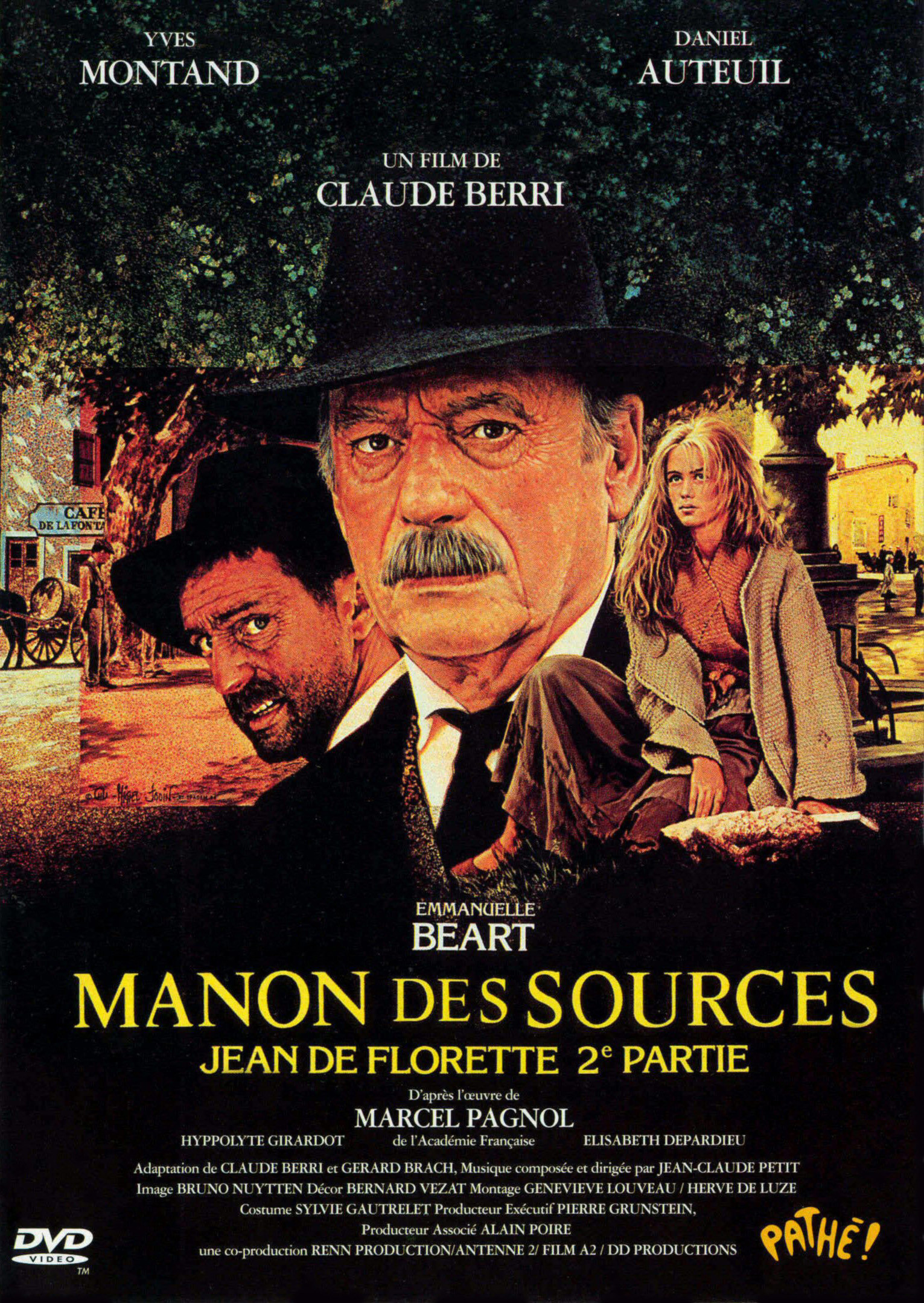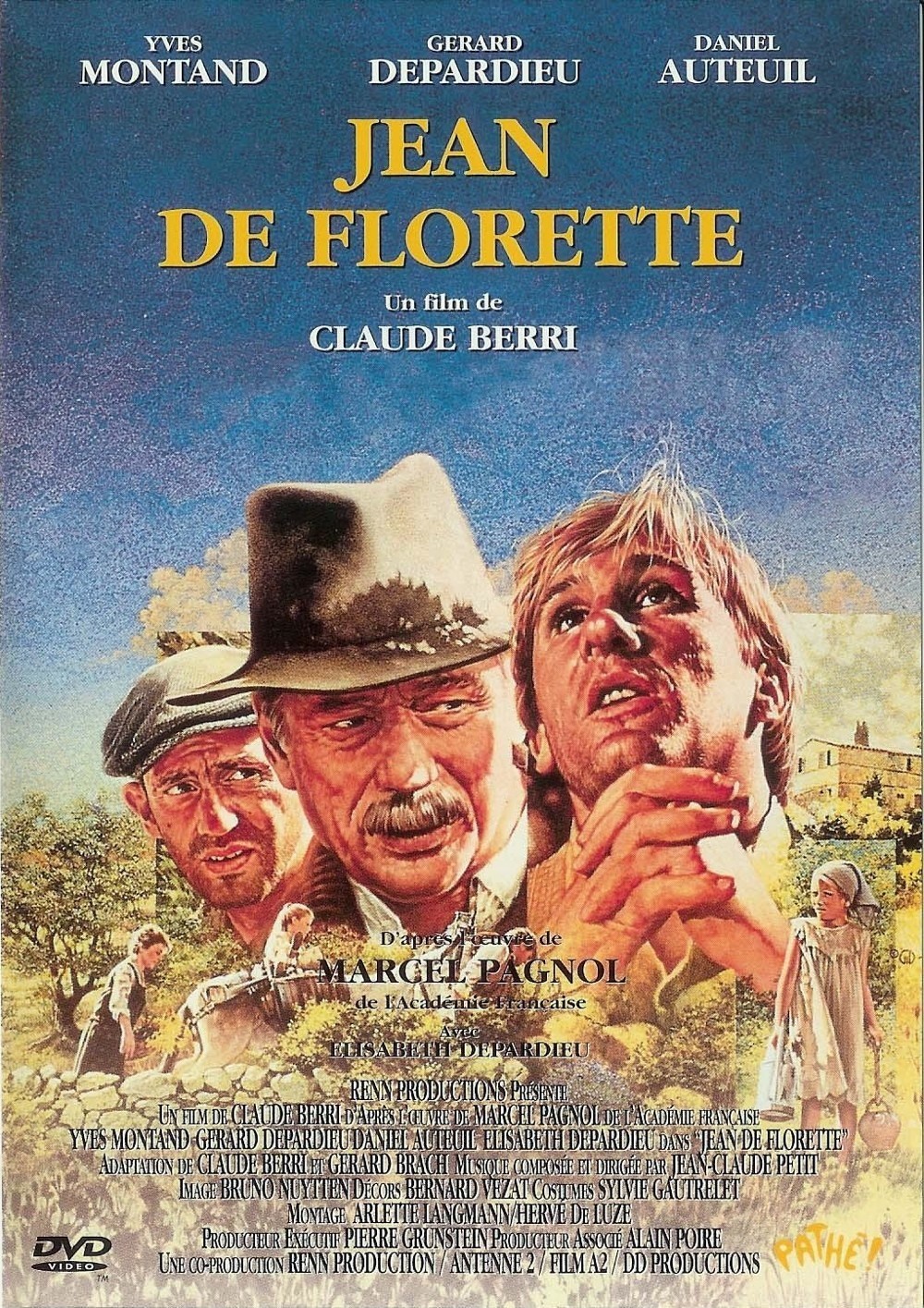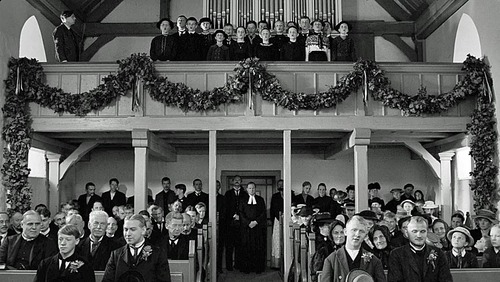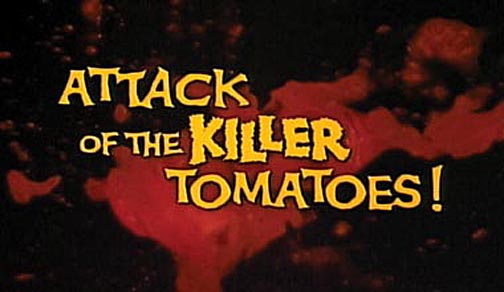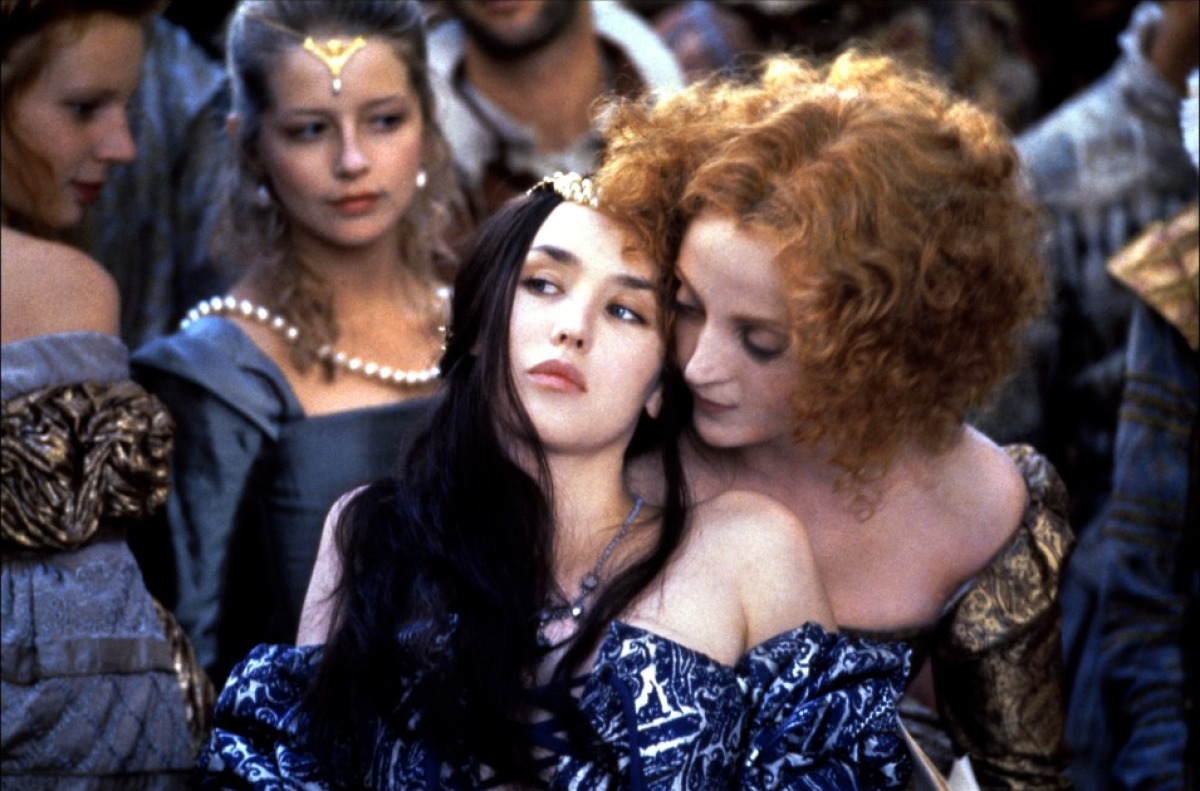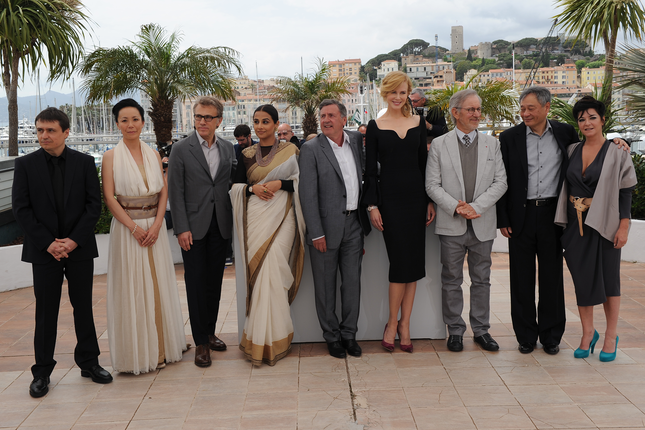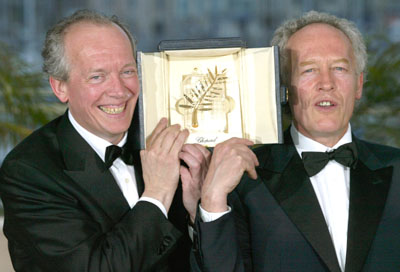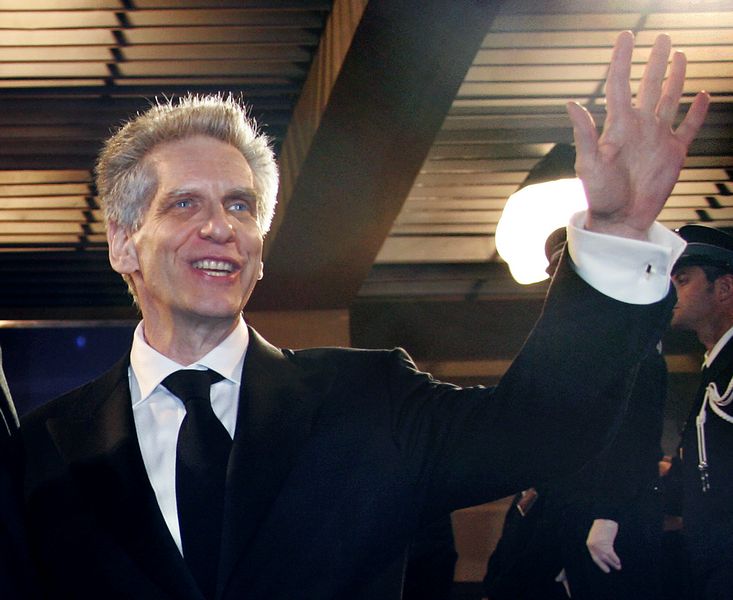Daniel Auteuil Movie Reviews
Blog Posts That Mention Daniel Auteuil
The Haneke MacGuffin: What is the mystery?
Jim Emerson
Opening Shots: ‘Caché’
Jim Emerson
Misinterpreting the Tomatometer
Jim Emerson
Female Filmmakers in Focus: Rebecca Zlotowski on “A Private Life”
Marya E. Gates
Cannes 2025: A Private Life, The Disappearance of Josef Mengele
Ben Kenigsberg
April 2025 Blu-Ray Guide: “Anora,” “The Brutalist,” “Heart Eyes,” “One of Them Days,” More
Brian Tallerico
An Appreciation of “La Reine Margot” on its 20th Anniversary
Peter Sobczynski
Opening Night: Cannes Report, May 15, 2013
Barbara Scharres
The Best 10 Movies of 1993
Roger Ebert
12 writers, 12 films: MSN’s Best Movies of the Decade
Jim Emerson
“Caché:” A riddle, wrapped in a mystery, inside an enigma
Roger Ebert
Jones, July, Jarmusch & Cannes gold
Roger Ebert
Cannes #5: Strong entries raise bar
Roger Ebert
Cannes all winners
Roger Ebert
Emmanuelle Beart in Cannes
Roger Ebert
Popular Reviews

The best movie reviews, in your inbox




